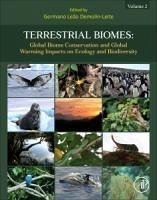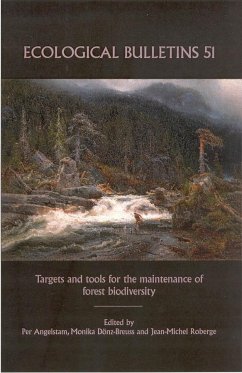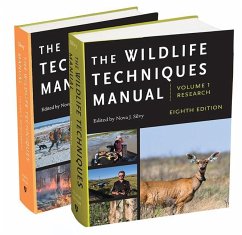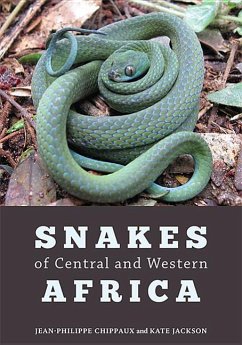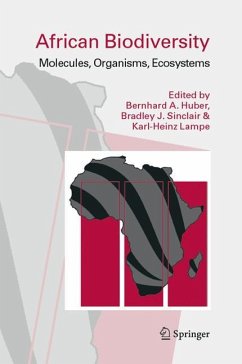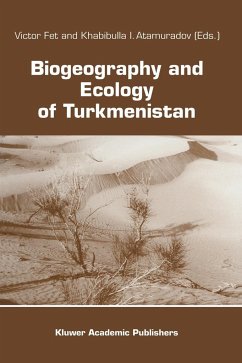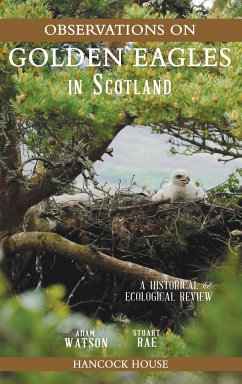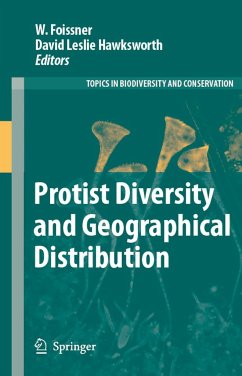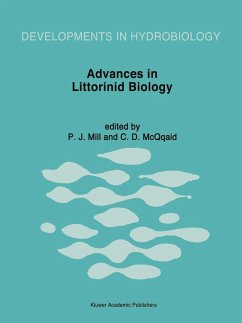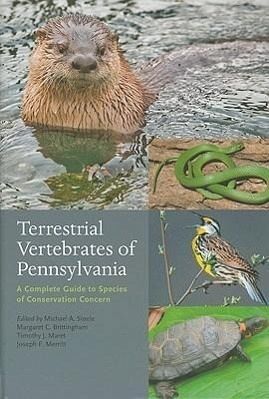
Terrestrial Vertebrates of Pennsylvania
A Complete Guide to Species of Conservation Concern
Herausgeber: Steele, Michael A; Merritt, Joseph F; Maret, Timothy J; Brittingham, Margaret C
Versandkostenfrei!
Versandfertig in über 4 Wochen
59,99 €
inkl. MwSt.

PAYBACK Punkte
30 °P sammeln!
This review of Pennsylvania's conservation efforts is the first book to focus exclusively on the state's vertebrates of concern. The 133 species of reptiles, amphibians, birds, and mammals discussed in this book are Pennsylvania's most vulnerable terrestrial vertebrates. Each species is described in a full account that details basic biology and includes photographs and range maps. The accompanying narratives focus on conservation priorities, research needs, and management recommendations. Featuring information compiled from a broad array of sources and contributors who are recognized authorit...
This review of Pennsylvania's conservation efforts is the first book to focus exclusively on the state's vertebrates of concern. The 133 species of reptiles, amphibians, birds, and mammals discussed in this book are Pennsylvania's most vulnerable terrestrial vertebrates. Each species is described in a full account that details basic biology and includes photographs and range maps. The accompanying narratives focus on conservation priorities, research needs, and management recommendations. Featuring information compiled from a broad array of sources and contributors who are recognized authorities on their respective species, this volume is a model for wildlife conservation across much of the northeastern United States. A roadmap that reveals the Keystone State's most sensitive species and what can be done to manage and conserve these important natural resources, Terrestrial Vertebrates of Pennsylvania is a valuable tool for wildlife managers, conservationists, and naturalists.



